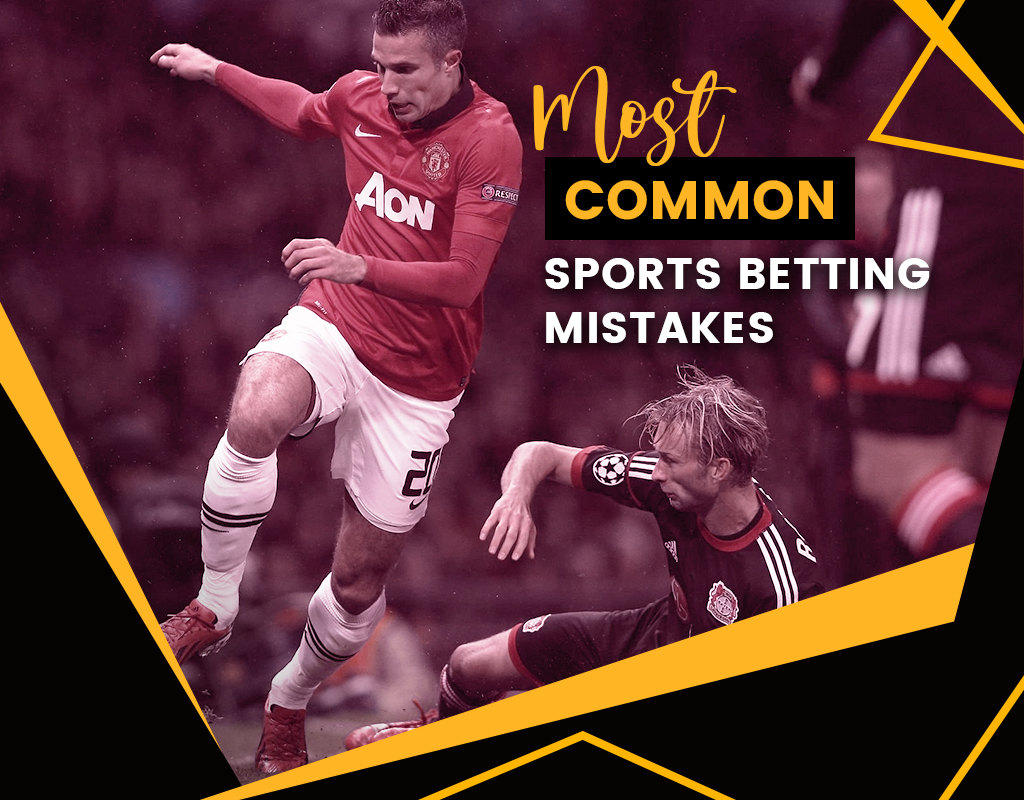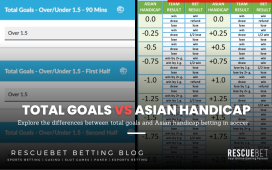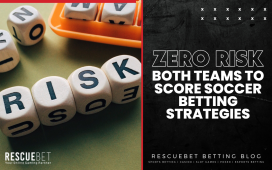Most punters are unique because each person may have a different style of betting, a preference for specific strategies, an extra bankroll, and so on. Despite several of these differences, a few things tend to stick out for being common across sports bettors across the globe. Punters from across the globe share one thing in common, and that’s the same sports betting mistakes that cut across language, culture, physical borders, and a lot more.
Few Most Common Sports Betting Mistakes
We take a detailed look at some of the most common sports betting mistakes where experienced, and novice punters alike fall into the same traps time and again. By understanding these pitfalls, it becomes easier for punters to identify, change and adopt unfavorable patterns.
1. Professional Advice And Expert Opinions
The most common sports betting mistake punters make blindly following professional and expert advice. While experts have invaluable knowledge about certain aspects of a game, they can’t reliably predict each game’s accurate results. Moreover, different professional punters will give you different opinions that can vary widely. Punters need to be able to decide for themselves while considering what the experts have to say.
2. A High Volume Of Bets
A novice punter may place a high volume of bets to understand or get familiar with the sport. A professional may place a high volume of bets to win more money. While the reasons for a high volume of bets are different, the result tends to be the same. More often than not, punters stand to lose with a higher volume of bets over a short period. A punter loses money by betting on games with no clear edge and even to the house on specific wagers.
3. Not Checking Odds
A punter always has access to several odds provided by several different sportsbooks and betting providers across the globe. Moreover, other sportsbooks offer different odds for a single game, allowing the punter to look for value in a bet because of the mispricing of odds or better odds offered by a particular provider. Punters that stick to the odds given to them are severely restricting the options they have and limiting the upside of their profits. The more chances you have to pick from, the better it is for you as a punter.
4. Cognitive Biases
A bias is the inclination to stick with something or omit it completely because of a preconceived notion and not because of the accuracy of information provided about the betting situation. A cognitive bias is better understood with a sports betting example. In sports betting, most punters also happen to be fans of a particular team. So when a team a punter likes or doesn’t like is playing, they may not look at the betting situation objectively. The punter may want to bet on his/her favorite team because he’s a supporter of or he/she may not want to bet on a particular group as they are his traditional rivals.
5. Not Paying Attention To Losing Streaks
It can be hard to focus or be attentive when you’re losing a lot of money on a bad losing streak. More often than not, an individual starts to rationalize using their emotions when on a losing streak. Losing a bet is also more challenging for a punter to accept versus the joy derived from winning that same amount. Humans are designed to be adverse to losses, and that’s the same reason why a punter should be more attentive when on a losing streak, allowing the punter to take a step back, change their strategy, or recalibrate their bets to avoid losing a lot.
6. Understand The Odds And Results
Some sports, such as football, hockey, etc., have three results – win, draw, or loss. Other sports like basketball, volleyball, cricket, etc., have three outcomes. However, a draw is very rare. A punter needs to understand which sports they may have an edge in predicting the result. It’s generally hard to predict the exact impact of a sporting game, but it’s usually easier to predict in which way the game is going to go and who’s going to have an edge in individual departments (corners, penalties, ties, etc.)
























